 According to recent reports from the national advocacy group, Start School Later, school districts in at least 16 states are joining dozens nationwide to shift high school bell times to later in the morning.
According to recent reports from the national advocacy group, Start School Later, school districts in at least 16 states are joining dozens nationwide to shift high school bell times to later in the morning.
Adolescent sleep deprivation is the chief motivation behind this nationwide effort.
Why is this a problem, and how does the state of Kansas stack up?
Teens and sleep deprivation
It's probably not surprising to hear that teens are a very sleepy group. Our culture portrays high school kids as energy drink- or coffee-guzzling sleepyheads who can't keep their eyes open during first period. However amusing the image is, the reality of excessive daytime sleepiness caused by sleep deprivation and its impact on this age group is much more concerning.
It's often presumed that the reason why adolescents are so tired is due to things over which they have some control, such as sleep hygiene. However, in all fairness, there are some things they can't control that have a big impact on their sleep health.
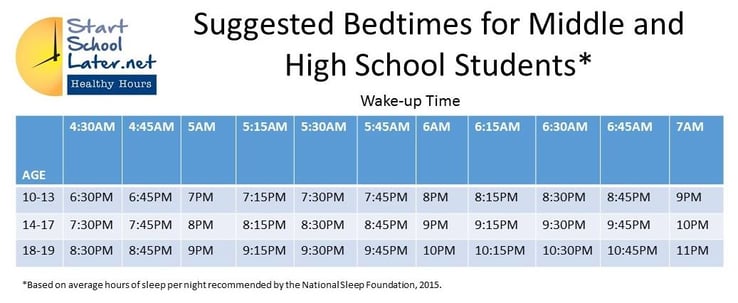
Early bell times: If our teens are expected to get at least 7 hours of sleep a night, and they actually go to bed at midnight (a normal time for a teenager), this makes rise times problematic. If they have to be at school by 8am, this means they are likely rising around 6am in order to shower, dress, and eat before school.
The National Sleep Foundation has been recommending (since 2000) that teens be allowed to sleep in at least as late as 7am; their delayed sleep phase and later rhythms require it for adequate sleep. However, if kids need to take a bus to school or require more than an hour to get ready in the morning, then making it to school on time, well rested, is virtually impossible without later school start times.
What are the risks of early bell times for teens?
Every night they lose even 1 hour of sleep can translate into hundreds of hours of lost sleep over the course of the year (even when accounting for breaks). At some point, sleep debt (the accumulation of sleep deprivation) can become so large that it's impossible to recover from.
Today's young adults (teenaged, those in college, or the just-over-21 crowd) face many serious problems if they become sleep deprived or develop chronic sleep debt.
-
Obesity can be traced to poor or inadequate sleep, which has a detrimental impact on metabolism and can lead to unhealthy behaviors like overeating and craving high-fat, high-sugar foods.
-
Drowsy driving is on the rise among young adults primarily because of sleep deprivation. A National Highway Traffic Safety Administration study in 2003 on teen car crashes in North Carolina showed a 14 percent decrease in drowsy driving incidents among teens when school start times were pushed from 730am to 845am.
-
Chronic disease and illness never before seen in young people is now taking root, likely due to inadequate sleep. These concerns include type II diabetes, high blood pressure, fatty liver disease, and others.
-
Poor school performance is an obvious side effect of not getting enough sleep; whether in the classroom or at home doing homework, the brain's ability to learn is deeply affected by inadequate sleep, especially as it relates to the loss of rapid-eye movement (REM) sleep.
-
Risky behavior and poor judgment are two common outcomes of inadequate sleep in teens. People who are sleep deprived develop problems with decision-making, compulsive behaviors, judgment calls in difficult situations, and vigilance when it comes to sticking to one's values. As a result, sleep-deprived adolescents are more likely to experiment with substances, engage in sexual behavior, commit crimes, or "hang out with the wrong crowd."
-
Depression is distinctly linked to poor sleep. Inadequate sleep can lead to mood swings and depressive behavior; meanwhile, kids with depressive or anxious behavior to begin with are less likely to get enough quality sleep. It becomes a vicious circle at a time in their lives when hormones, social situations, and family and school expectations are already stressful enough.
What are the national recommendations for school start times?
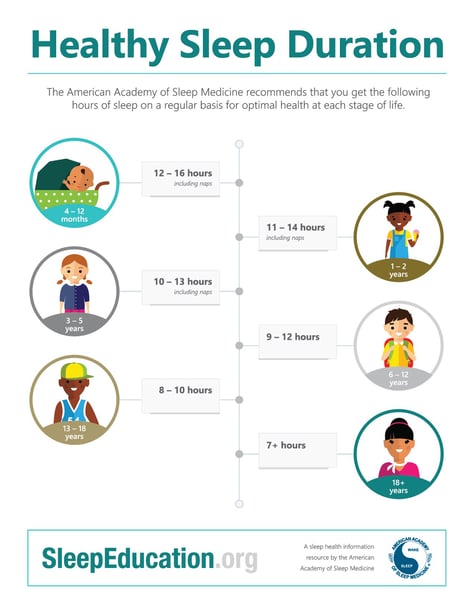
Many major health organizations and regulators have stepped up to join the cause.
The American Academy of Pediatrics has recommended (since 2014) that middle and high schools start no earlier than 830am to better align their schedules with the natural circadian rhythms of their teenaged students.
The American Academy of Sleep Medicine also thinks schools should start later; it's most recent recommendations for pediatric (ages 18 and under) sleep are shown here on the left.
If it was up to the Centers for Disease Control or the National Sleep Foundation, they would require all teens to get 8 hours of sleep every single night. They have plenty of data to support the reasons why school should start later.
How are Kansas schools addressing these concerns?
Efforts to enact later school starts in the state of Kansas are not quite up to speed with the rest of the country. In the neighboring states of Colorado and Missouri, there are more signs of change that might inspire Kansas educators to rethink when school starts for teens.
But while Kansas is not leading the charge, there are glimpses of a future that answers the question: "Why should school start later?"
- Emporia Public Schools delayed middle school times one hour to 850am as part of a plan to lengthen the school day and shorten the calendar.
- Newton High School delayed its high school start time from 755am to 830am in 2014.
- Lawrence Public Schools discussed delaying school start times for teens last June and expects to address the complexity of busing and costs during the 2016-2017 school year.
- Wichita Public Schools are also moving to a later start time and a longer day in efforts to shorten the
calendar, with start times now slated for 8am. - Salina Public Schools have recently considered moving start times to later in the morning.
The biggest concerns for switching high school start times to later in the morning revolve around bus scheduling (transportation is one of the biggest expenses school districts leverage); less time for teens to work at afternoon or evening jobs; and before- and after-school childcare concerns for those with younger children.
However, dozens of districts nationwide, with complex school busing scenarios (most recently, the Seattle public school district, with its challenging three-tier schedule) are taking on later school times, and ongoing economic demands for families run by single parents or by two working parents are also being addressed in creative ways to make later bell times work.
 Also, the state of Kansas currently doesn't have an active branch of the Start School Later/Healthy Hours (SSL/HH) campaign to help educate districts, families, and the community about the dangers of sleep-deprived teens and the benefits of later bell times.
Also, the state of Kansas currently doesn't have an active branch of the Start School Later/Healthy Hours (SSL/HH) campaign to help educate districts, families, and the community about the dangers of sleep-deprived teens and the benefits of later bell times.
SSL/HH is composed of a coalition of national, state, and local health professionals, sleep scientists, educators, parents, students, and other concerned citizens dedicated to increasing public awareness about the relationship between sleep and school hours to ensure school start times are compatible with health, safety, education, and equity.
To start a branch in your area, or otherwise show your support or get involved, contact them here.
Sour
 ces:
ces:
American Academy of Pediatrics
American Academy of Sleep Medicine
Centers for Disease Control
Education Week
National Highway Traffic Safety Administration
National Sleep Foundation
Start School Later || Healthy Hours


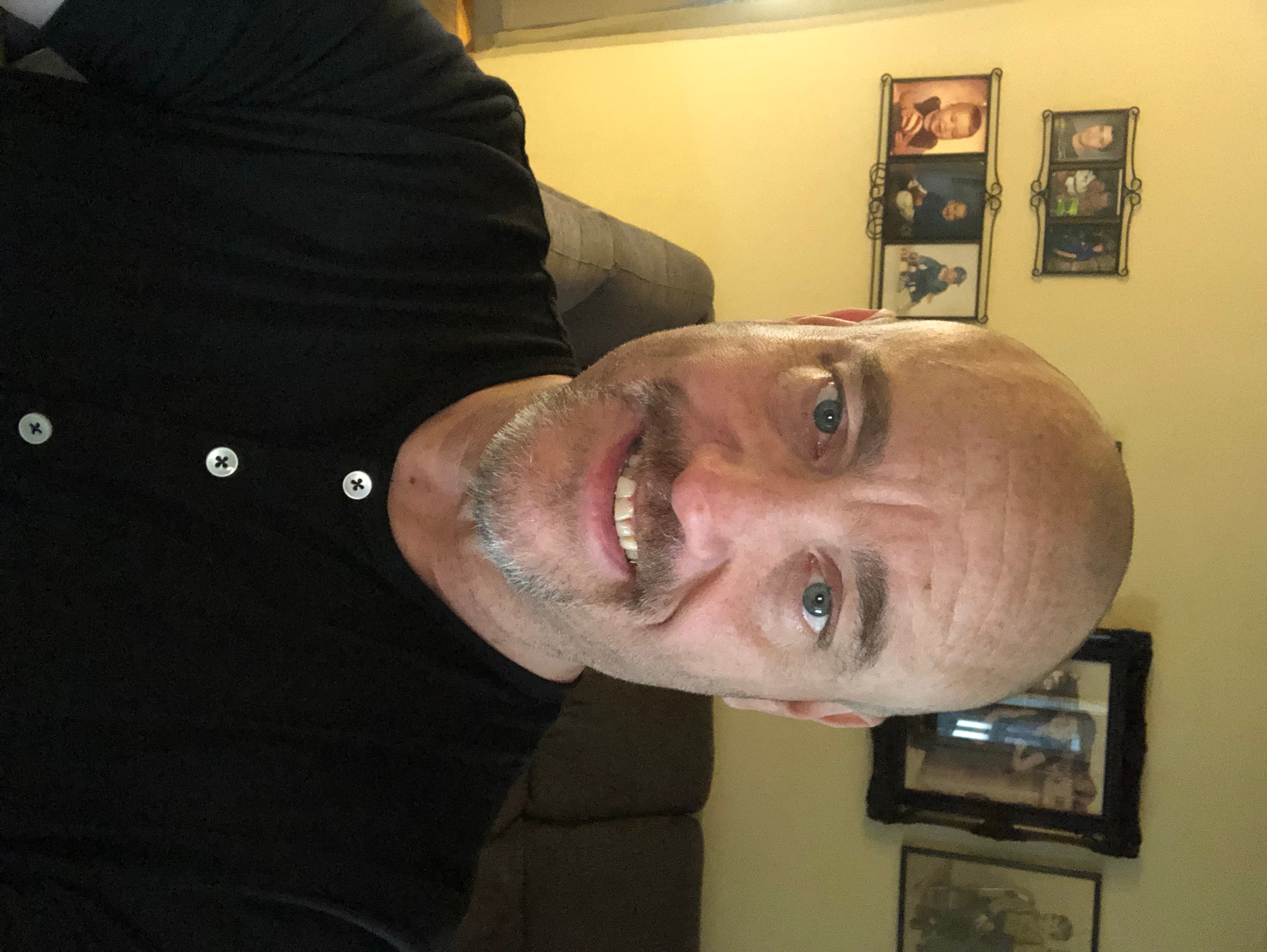


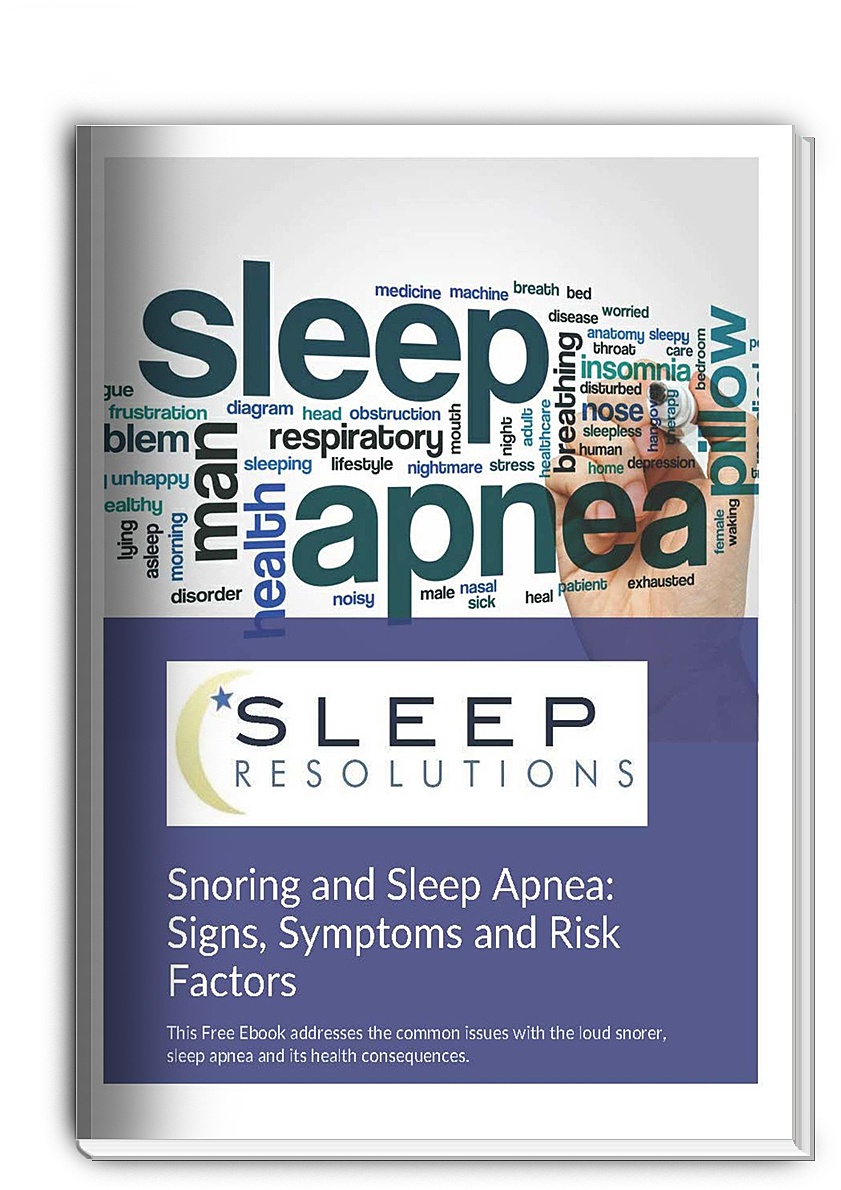

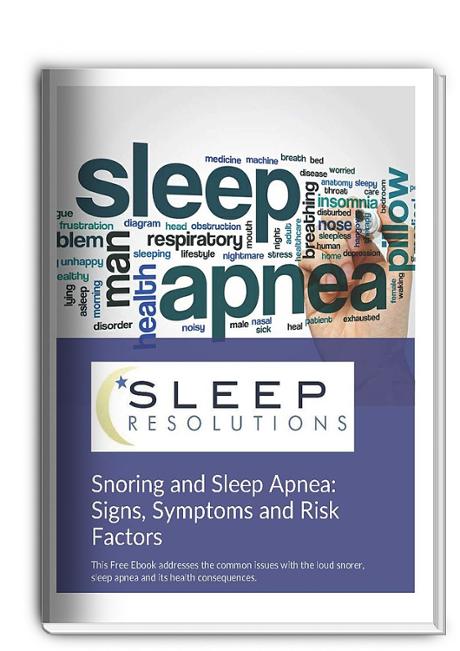



Leave a comment